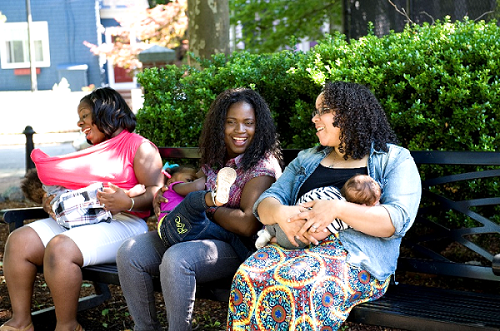The Health Equity Accelerator is committed to leveraging the power of research to ensure that we truly unlock the contributors to adverse outcomes in people of color. We will utilize the most advanced research methodologies, including detailed clinical, demographic and claims data, qualitative and quantitative statistical analyses, and will actively engage with the community to identify barriers to health justice and solutions and create solutions to eliminate them. We will involve the community to ensure that our research is guided by and relevant to members of our community and that they participate in our scientific pursuit to understand and solve the challenges of health justice.
Our Tools for Equity research
The Health Equity Accelerator is currently building two important tools that are vital to make progress on health justice:
- Driving patient and community engagement through the development of community-informed research agendas, engaging patients frequently and meaningfully in all research endeavors, and increasing diversity of participants in clinical trials.
- Investing in the development of de-identified data sets including historical clinical data and SDoH data, that allow researchers to identify barriers to health equity as well as possible solutions in a safe and private way for patients
If you would like to know more about the work The Health Equity Accelerator is doing in the research space please get in touch: BMCHS.Equity@bmc.org.
Equity Research and Research News
Since 2016, researchers at BMC and Boston University Chobanian & Avedisian School of Medicine have published more than 1,800 articles on equity and diversity in healthcare that have appeared in more than 800 journals. Our research offers unparalleled breadth and depth on health equity topics and is key to our understanding of the issue and vital for helping other healthcare providers be as informed as possible in their efforts to deliver equitable care.
BMC Joins a New NIH Alliance to Address Root Causes of COVID-19 Inequities
By hearing stories of people in underserved neighborhoods, researchers hope to understand and help overcome longstanding barriers to healthcare access.

NIH Community Engagement Alliance (CEAL)
To provide trustworthy, science-based information through active community engagement and outreach to the people hardest-hit by the COVID-19 pandemic, with the goal of building long-lasting partnerships as well as improving diversity and inclusion in our research response to COVID-19.

Vital Village
Vital Village is a network of residents and organizations committed to maximizing child, family, and community well-being.

Podcast: What is Vital Village?
Erica Pike, MA & Renée Boynton-Jarrett, MD, ScD, discuss how the Vital Village Network uses a collective impact approach to supporting a deeper collaboration among educators, clinicians, social service providers, legal advocates and residents.

CHEER
The Center for Health Equity, Education and Research (CHEER) works nationally and internationally to decrease racial and other inequities in breastfeeding and maternal child health practices. CHAMPS (Communities and Hospitals Advancing Maternity Practices), a CHEER program, works in many US states and has demonstrated measurable decreases in disparities when implemented. In 2021, CHAMPS won a Reducing Disparities in Breastfeeding Innovation Challenge award in 2021 from the US DHHS Office on Women's Health.


